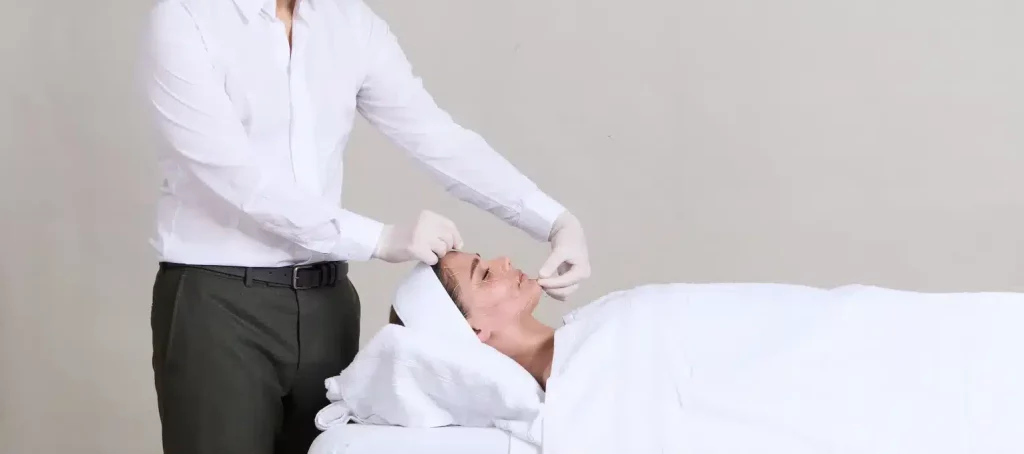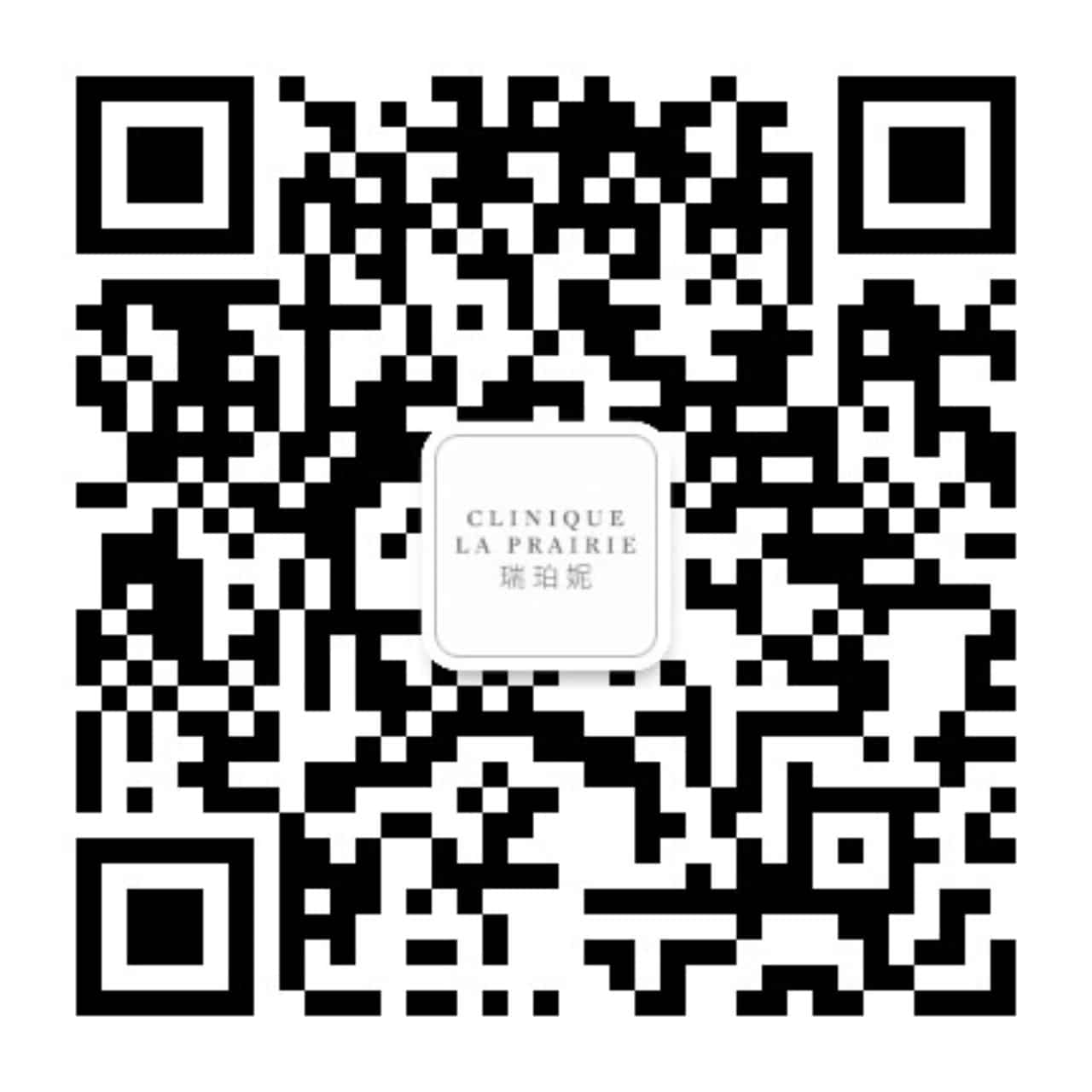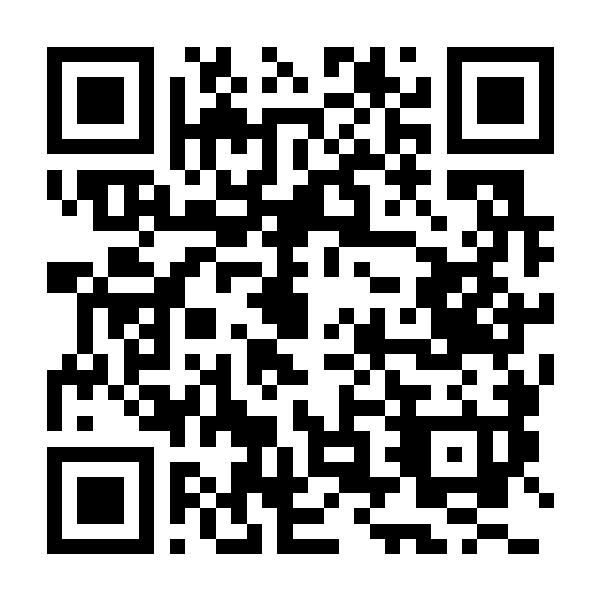We are pleased to share a recent feature from The Times spotlighting Dr. John Tsagaris, renowned facial acupuncture expert and a valued practitioner at our Longevity Hub Madrid.
The article, written by Anna Murphy, offers an insightful look into Dr. Tsagaris’ unique approach to holistic facial rejuvenation, blending traditional Chinese medicine with pioneering skin-optimising techniques.
Please note: This article was independently published by The Times. You can read the full piece directly at this link.
It’s well over a decade since I last saw John Tsagaris, a name that is in many a celebrity little black book. Yet when we meet again there still isn’t a single line on his face. He is 59 — but so far so humdrum these days. In my work as fashion director of The Times barely anyone I come across in the fashion business has lines on their face.
Yet Tsagaris doesn’t use needles. Or at least not the usual sort. And his face moves and remains entirely his own. “For me anti-ageing is a very misleading word,” he says. “No matter what we do, we are not going to reverse ageing. For me it is about optimising your own resources and looking the best you can at the age you are, rather than looking like someone different.”
Originally trained in traditional Chinese medicine in both this country and China, Tsagaris has trademarked his own cosmetic acupuncture-adjacent procedure called Acuskinlift. His motivation, he says, was “to concentrate on the skin’s capabilities. I felt I could do more with it than traditional cosmetic acupuncture.” The result is, quite simply, the most remarkable aesthetic treatment I have ever come across.
I am 53. After half a dozen monthly sessions with him, the age of my skin, as assessed by an analysis machine called VISIA, has dropped four years on one half of my face (from 56 to 52 on the side with more long-ago sun exposure in childhood car journeys) and an impressive nine on the other (from 54 to 45). And this despite me throwing at my epidermis countless long-haul flights, migraines and Twix bars between treatments. The youthfulness of a friend who is, like me, in her fifties, and has now been seeing Tsagaris for a year or so, strikes me afresh (the operative word) every time I see her.
My lines have softened, my age spots lightened, but, more important, my face looks more lifted, more alive. The visible changes are immediate and also cumulative. When I go for my usual facial a couple of weeks after my first session, the facialist wants to know “what on earth” I have done with my skin. It’s complicated. Or rather it isn’t, because you simply lie back and let Tsagaris, who is Greek and practises across Europe, do his thing.
First he embarks upon what might best be described as feeling his way around your face, not merely massaging it but interrogating it with his fingers. “I explore the landscape of the face, assessing the structure, the fat parts, the muscle tone, the skeletal structure, so that I know how to address areas of skin gravitation and laxity, fat disposition…”
Then he gets busy with his needles — a huge number of them, from 50 to over 100. He is less interested in the points traditionally used in Chinese medicine than those that he has found, over more than three decades of personal experimentation, will best serve your particular face.
The most notable point of difference from normal facial acupuncture as you lie there on his couch is how you feel your skin knitting in tightly around the needles, your epidermis feeling like a web spun by Peter Parker. It’s uncanny and, to be frank, at times, slightly uncomfortable. But no pain, no gain, right? And it’s nothing compared to an actual injection.
What is Tsagaris up to? “I am crafting the skin, reconstructing and reorganising the collagen fibres,” he explains. “This accelerates collagen production and densifies the skin matrix.”
What is the scientific support for what he does? “Acupuncture has been shown to enhance fibroblast activity [fibroblasts are the most common cell type in connective tissue], which is critical for collagen synthesis. Meanwhile, needling techniques encourage neocollagenesis — creating new collagen fibres to restore skin strength and elasticity.”
The kick-start for these natural processes is what he refers to as “precise micro-injuries that activate the skin’s natural healing response. In turn, fibroblasts boost the production of type I and III collagen, elastin and hydrating molecules like glycosaminoglycans — key elements for skin firmness and vitality.”
There’s more. “At the same time the mechanical needling stimulation reorganises the existing collagen fibres,” he continues, “aligning them into a denser, more supportive dermal structure. This dual action strengthens the skin’s foundation, improving elasticity and density, and creating a visibly firmer, more refined texture.”
According to Tsagaris, most approaches at the moment only deal with what he calls “localised concerns” such as, on the top half of the face, the “11 lines” and, on the bottom — and there really is no other way to say this — the droop. “Most aesthetic practitioners don’t really address issues of ageing at all.” By which he means that they address the symptoms — lines, laxity — rather than the biological causes behind those symptoms.
Worse still, he continues, what is presented to us as a solution is often merely another problem in waiting. Fillers in the bottom half of the face make it “heavier, which worsens gravitational pull”. Injectables in the forehead cause muscles to atrophy, which means the forehead both “flattens and spreads”, no longer held in place by its musculature. Hence that grapefruit forehead that has become ubiquitous.
“No matter how much you are going to put in your face, your skin is going to keep being subjected to gravitational force, and you are going to see the lack of resilience and structure,” is how he puts it. “So you have to look at more holistic approaches. Plus very few other treatments deal with skin firmness, and those that do are invasive.”
What is interesting is that a number of his clients deploy the Tsagaris magic alongside more widespread current practices. And what is downright surprising is that, unlike many in the aesthetics business, he isn’t in one particular camp when it comes to non-invasive and invasive practices but is rather focused on, he says, “what works”.
There is only so much he can do when it comes to what he calls “advanced skin laxity issues”, for example, and so he is an advocate for a mini facelift when, he says, “the time is right”. What, precisely, does he mean by a mini facelift? “One of the less invasive surgical procedures that address signs of facial sagging, especially in the lower face, jawline and sometimes the neck. These include options like the V-lift, short-scar facelift, or MACS [minimal-access cranial suspension] lift.
“These procedures typically involve smaller incisions, less downtime, and a more subtle, natural-looking lift compared to a full facelift. When integrated thoughtfully they can enhance and prolong the results of holistic skin therapies, offering a truly synergistic approach to facial rejuvenation.”
Back to Tsagaris’s treatments. It takes around four to six monthly visits to achieve the best results. From then on it’s a maintenance session every three months or so.
His raison d’être, he continues, is to “integrate holistic practices with cutting-edge science and modern aesthetics”. “By combining traditional methods such as acupuncture, which is known to stimulate microcirculation and the body’s healing processes, with scientifically backed techniques like collagen-stimulating skin needling, I can address the skin’s structural and functional needs at multiple levels.”
There are other aspects to what he does. “I also use scientifically proven bioactive ingredients to support skin regeneration, such as hyaluronic acid, which hydrates the skin, and bespoke skin booster actives that boost collagen production. The result is a multidimensional approach that merges the best of both worlds.”
If my own experience is anything to go by, his self-forged innovations could equate to nothing less than a revolution in anti-ageing treatments — a velvet-skinned revolution. Certainly he has ambitious plans for global expansion.
“Having no wrinkles doesn’t make you look younger,” he says, in his quietly evangelical way. “Having good, healthy skin makes you look younger.” Pause. “Even if we were able to look 20 at the age of 80, that would be silly. We should be proud to have lived and progressed. What I want is for people to look the best possible version of the age they are.”


